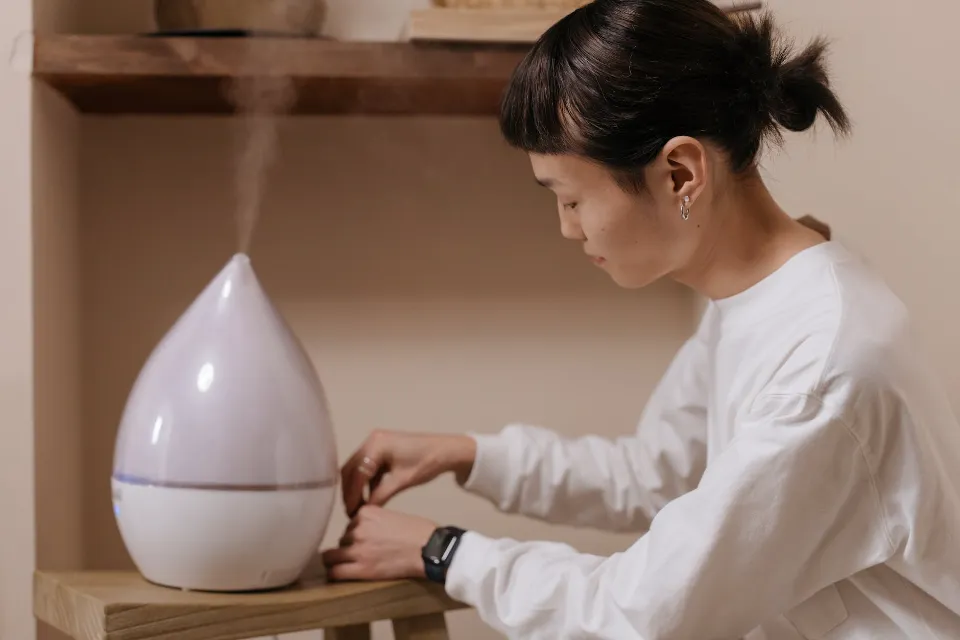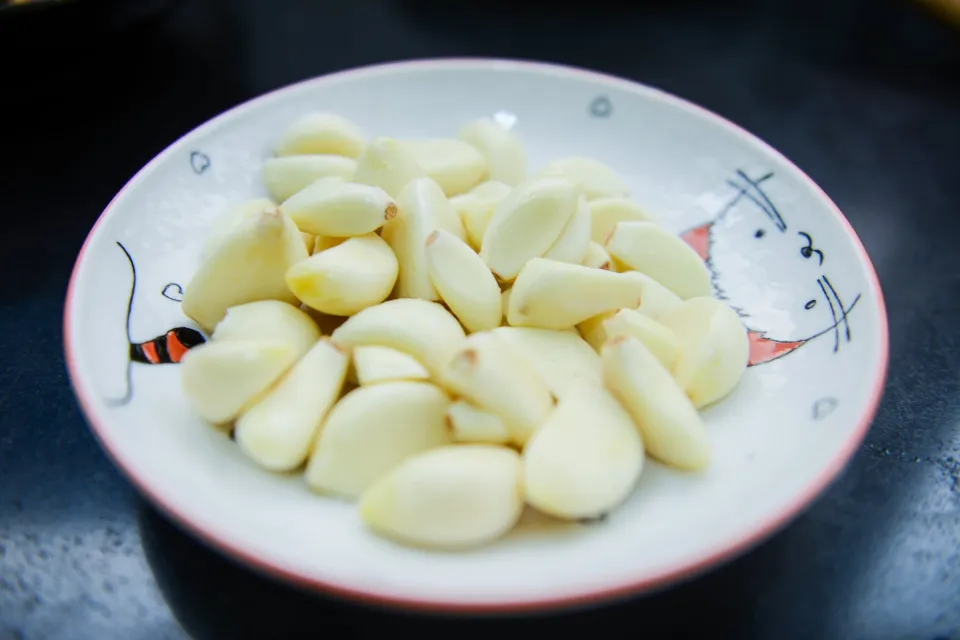The last thing you want to happen before giving a speech, presentation, or performance is to lose your voice. How does losing your voice affect you? Laryngitis, an inflammation of the larynx, is actually the most typical reason for voice loss.
When you develop laryngitis, these vocal cords become inflamed, causing swelling, redness and stiffness. Your vocal cords no longer vibrate as they should, changing the sound of your voice. In extreme cases, vocal cord inflammation can be so bad that you completely lose your voice.
Fortunately, there’s usually no need to hurriedly visit a doctor or other medical expert if you don’t have more serious symptoms. Utilizing teas and all-natural remedies, you can treat the signs and symptoms of acute laryngitis at home.
What is Laryngitis?
Laryngitis is an inflammation of the larynx, or voice box, which is located in the front of the throat. With the aid of some home remedies, people can hasten the healing process. When the voice box is inflamed, it can cause symptoms such as:
- Painful swallowing
- A chronic cough
- Postnasal drip
- Feeling as though there is a lump in the throat
- A dry throat
- A hoarse or lost voice
- Feeling the need to clear the throat often
Laryngitis symptoms can be disruptive to daily life even though they typically go away with time. The most effective at-home treatments for laryngitis are examined in this article.
There are two types of laryngitis — acute laryngitis and chronic laryngitis. Both result in the same inflammation of the vocal cords — the difference lies in the cause of the condition.
- Acute laryngitis-Acute laryngitis is a one-off affliction. It’s caused by a viral upper respiratory tract infection or a one-time event that caused a strain on your vocal cords. With sufficient rest and adequate treatment, acute laryngitis can be resolved pretty quickly.
- Chronic laryngitis-Longer-lasting and more challenging to treat is chronic laryngitis. It may result from repetitive motions or illnesses that harm the larynx.
What to Do for Laryngitis Home Remedies?
Stop Using the Throat
When you have laryngitis, your vocal cords are swollen and irritated. They require time to recover. To give your voice a break, try to stay away from situations that call for a lot of talking or shouting.
Avoid the inclination to raise your voice higher if you have to speak in front of a group or during a meeting. To make a call louder, try using a speaker phone or another amplifier.
Use your voice as infrequently as you can. Do your best to refrain from whispering, which can strain your larynx further.
Apply a Humidifier
A dry, itchy throat can be relieved by adding moisture to the air with a humidifier or personal vaporizer. Additionally, people can add eucalyptus or menthol to the humidifier to add a cooling effect. Some people find these scents helpful, despite the fact that there isn’t much solid research to back up the claim.
Children should never be around essential oils. Make sure to do your research on the essential oils or consult a veterinarian before using them in a humidifier because they can also be harmful to pets, including cats and dogs.

Suck on a Throat Lozenge
Streptomycin, Ricola, Robitussin, Hacks, Fisherman’s Friend, or Nim Jiom Herbal Candy. Choose one from the convenience or grocery store in the area. Herbal extracts found in these lozenges can soothe and calm your throat.
In addition to their calming and soothing effects, throat lozenges can hydrate your throat, ease pain, and lessen coughing. Lozenges can also be used to reduce throat irritation.
Lozenges for the throat help soothe pain and add moisture. They may help with pain relief, germ killing, or reducing redness and can be either medicated or unmedicated. Lozenges shouldn’t be given to children younger than 4 years old.
Throat Recipe
Drink Apple Cider Vinegar
Studies suggest apple cider vinegar may have antimicrobial properties. The ancient Greek physician Hippocrates recommended a drink called oxymel to help soothe a sore throat.
In addition to other herbs and fruits, it is made by combining fermented vinegar, honey, and water. But more evidence is needed to confirm if apple cider vinegar is effective as a remedy for sore throats and laryngitis.
Read more: Use Apple Cider Vinegar for UTI – Is It True? – Elder VIP
Eating Garlic
Many people support the use of garlic for easing cold and flu symptoms. Research suggests that garlic has antibacterial properties, so it may help a person get over the infection sooner.
Garlic can easily be added to cooked foods. There are supplements available, though, that offer the same benefit but less flavor for people who dislike the flavor of garlic.

Hot Drinks Mixed With Honey
A natural cure for bacterial infections and inflammation, honey is a food that has a ton of healing properties. It is also known to suppress bouts of coughing that can aggravate your vocal cords.
There are several ways you can do this:
- Combined with herbal tea and honey. Antioxidants found in herbal tea can strengthen your immune system.
- Vinegar and honey should be combined. You can prevent unpleasant infections by using apple cider vinegar’s antimicrobial properties.
If neither tea nor apple cider vinegar are available, combining a little honey with a warm cup of water will work just as well to relieve your throat discomfort.
Things You Cannot Do
While your voice is healing, try to stay away from the following:
- Singing and shouting: Don’t add any unnecessary stress to your vocal cords. Inflammation will increase and the healing process will take longer as a result.
- Whispering: Whispering actually puts more strain on your vocal cords than speaking normally does, which may seem strange.
- Alcohol: You’ll heal faster if you drink plenty of water. Avoid alcohol, which has a dehydrating effect.
- Smoking: E-cigarettes included, smoking can irritate your throat, make you cough, and delay healing.
Conclusion
In most cases, acute laryngitis resolves on its own in a week or so. Inflammation stiffens the area and increases its susceptibility to infection. Antibiotics are ineffective for some people whose laryngitis is brought on by a viral infection (such as a cold) or by using their voice excessively. If your hoarseness lasts for a few weeks or longer, you might have chronic (long-term) laryngitis. A doctor should look into the possibility of a bacterial infection or acid reflux as the underlying causes of chronic laryngitis. You can use any of the aforementioned home treatments for laryngitis.



